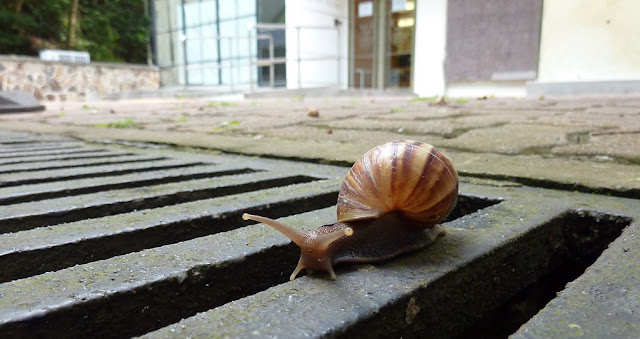The Schmidt Sting Pain Index: How Much Could You Take?
Friday, 28 June 2024
Have you ever been stung by a bee? Want to know how much you have suffered on a scale of one to four? Then take a look at the Schmidt Sting Pain Index which rates the relative pain caused by the sting of hymenoptera. That would be sawflies, wasps, bees and ants to most of us.
The Sweat Bee
Schmidt describes the sting of the Sweat Bee as “Light, ephemeral, almost fruity. A tiny spark has singed a single hair on your arm.” Sweat bees are a large family of bees and they are hugely attracted to humans. Specifically, it is the salt in our sweat that they like.







